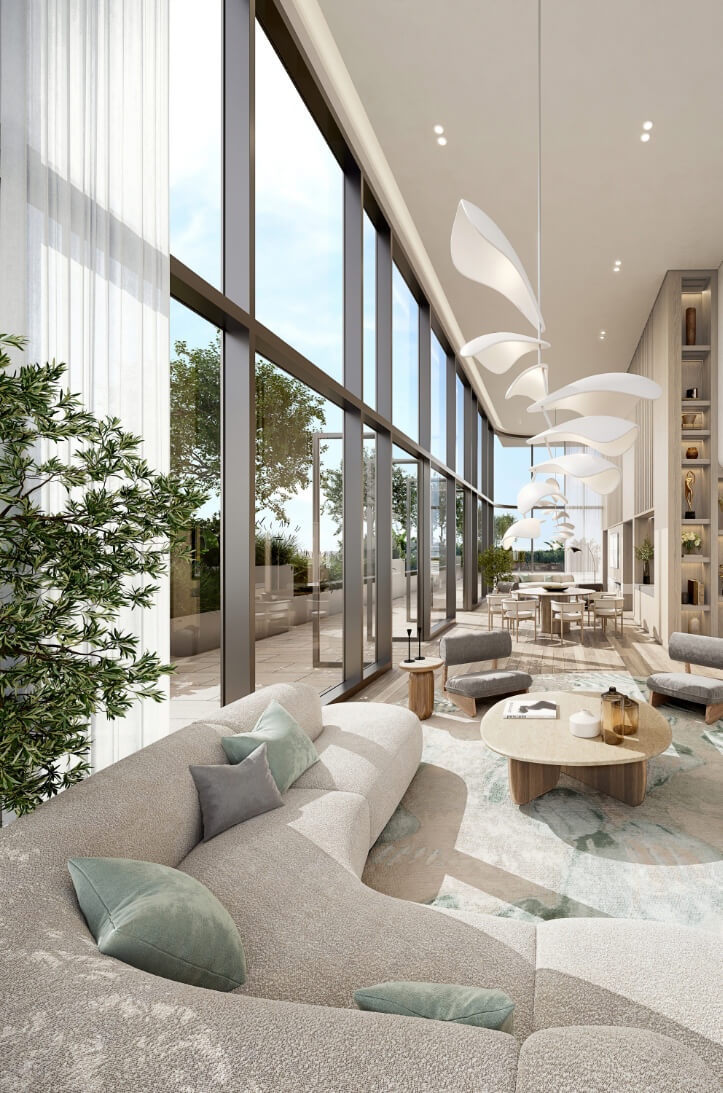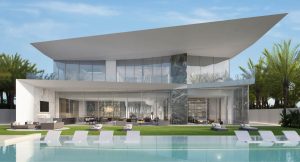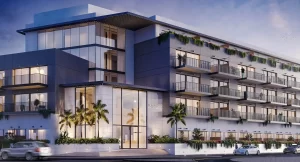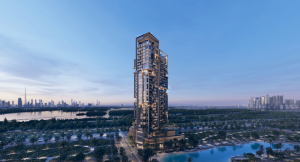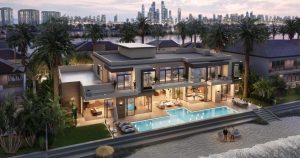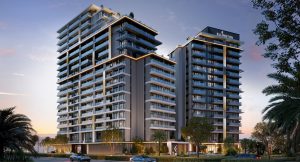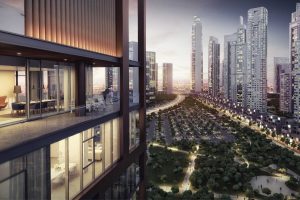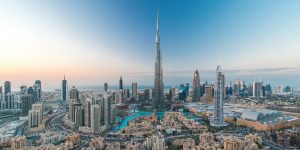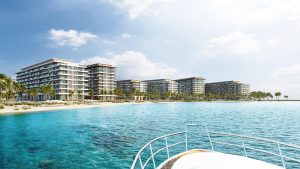
Dubai Islands Property Investment: Your Step-by-Step Guide
The Dubai Islands, an ambitious development inside the emirate, are fast receiving recognition as a premier location for property investment. With a combination of upscale living, strategic location, and forward-thinking urban development, these islands provide a tremendous potential for investors. Our guide conveys a clear and practical route for anybody contemplating investing in real estate within this vibrant region. What Makes Dubai Islands a Prime Investment Destination? Dubai is already well-established as a worldwide destination for real estate, and the Dubai Islands reinforce this image. Strategically positioned to provide a unique blend of lifestyle perks and strong financial possibilities, the islands appeal to a diverse variety of investors. Key aspects include: Proximity to Key Areas Located just off the coast, the islands provide seamless access to central Dubai, including hotspots like Downtown, Dubai Marina, and Palm Jumeirah. Diverse Property Options From waterfront villas to high-rise apartments, Dubai Islands offer a variety of property types, including off-plan properties designed to suit different budgets and preferences. Tourism Appeal Boasting pristine beaches, world-class resorts, and entertainment venues, the islands are also expected to attract a steady stream of tourists, increasing rental demand. Government Incentives The UAE’s investor-friendly policies, including long-term residency visas for property buyers, add to the attractiveness of investing here. Define Your Investment Goals Before diving into the market, take some time to clarify your objectives. Are you looking for high ROI properties in Dubai Islands to generate rental income? Or is your focus on capital appreciation by purchasing off-plan properties? Having clear goals will help narrow your choices and guide your decisions. Understand the Market Dynamics The Dubai Islands real estate market is shaped by several factors. These include: Demand Trends: Properties with waterfront views or close to commercial hubs tend to attract more tenants and buyers. Price Per Square Foot: Familiarise yourself with current rates and how they compare to other areas in Dubai. Off-Plan Opportunities: Developers often offer competitive pricing and flexible payment plans for properties still under construction, making this an attractive entry point for investors. Choose the Right Type of Property Investors in Dubai Islands can choose from a variety of options depending on their objectives: Residential Apartments: Ideal for generating rental income from tenants seeking opulent living. Villas and Townhouses: Suitable for long-term investment, often favored by families and high-net-worth individuals. Off-Plan Developments: These properties are typically sold at a lower price than completed ones, offering strong potential for appreciation as the project nears completion. Analyse Investment Potential It’s important to assess the potential return on your investment. Some of the key metrics to consider include: Rental Yield: Dubai Islands properties often provide higher-than-average rental yields compared to other regions. Capital Appreciation: With ongoing development and infrastructure upgrades, property values are expected to rise steadily over time. Tourism Growth: The influx of tourists to the islands contributes to short-term rental demand, making it a lucrative option for holiday home investors. Work with Trusted Professionals Navigating the real estate market in Dubai requires a reliable network of professionals. Here are the key players to involve: Real Estate Agents: Choose agencies with experience in the Dubai Islands market to ensure you have access to the best opportunities. Legal Advisors: Property laws in Dubai are straightforward, but it’s still wise to have a legal expert review your contracts. Mortgage Consultants: If financing is required, a consultant can help you secure the best rates and terms. Explore Payment Options Dubai’s property market is known for its flexible payment structures. Many developers offer post-handover payment plans or discounts for upfront payments, making it easier for investors to manage their cash flow. These options are especially prevalent in off-plan projects on Dubai Islands. Conduct Due Diligence Before finalising a purchase, thoroughly vet the developer and the property itself. Key steps include: Researching the Developer: Look into the developer’s track record and reputation. Verifying Property Details: Check the specifications, including the size, layout, and amenities. Legal Compliance: Ensure that the property complies with Dubai’s real estate regulations. How to Finance Your Dubai Islands Investment While many investors use personal assets to make property acquisitions, financing alternatives are important in the Dubai real estate market. Understanding the various funding options may greatly expand investment prospects and enhance financial plans. Mortgages: Several local and international banks operating in the UAE provide mortgage options specifically designed for property acquisitions in Dubai. These mortgages often demand a down payment (which varies according to the property type and the buyer’s residence status) and monthly payments over a fixed period of time. Interest rates, loan-to-value (LTV) ratios, and eligibility requirements differ across lenders, so comparing offers is critical. Islamic Finance: For investors seeking Sharia-compliant financing, Islamic banks provide mortgage options based on Islamic principles. These solutions sometimes include profit-sharing or leasing agreements rather than standard interest-based loans. Developer Financing: Some developers provide in-house finance, especially for off-plan developments. These plans may be appealing owing to possibly cheaper interest rates or more flexible payment arrangements throughout the building phase. However, it is important to read the terms and conditions attentively. Leveraging Existing Assets: Investors with existing assets, such as real estate or investment portfolios, may be able to use them to acquire finance for a Dubai Islands acquisition. This might include refinancing current mortgages or pledging assets as security for a new loan. Before committing to any financing arrangement, speak with a certified mortgage expert or financial planner. They can examine your unique circumstances, compare various solutions, and advise you on the best financing approach for your Dubai Islands venture. Completing Your Real Estate Transaction Once you’ve selected the property and are satisfied with your due diligence, the next step is to finalise the transaction. This typically involves: Signing the Sales Agreement: This legally binds you to the purchase. Paying the Initial Deposit: Usually 10-20% of the property’s value. Registering the Property: Complete the process through the Dubai Land Department (DLD) to ensure legal ownership. Manage Your Investment After purchasing a property, effective management is crucial to maximising
